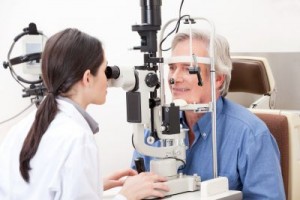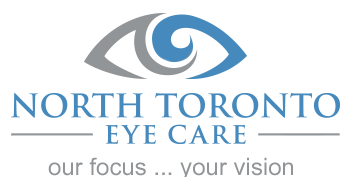“Life begins at 40.” That’s the old adage. But while more life experience may be good for your overall life, your eyes may not be so pleased passing this age milestone. Why? For most people, 40 means the time when various vision and eye health issues become more prevalent. Fortunately, the discovery of new technologies in the prevention and treatment of eye health problems have made it possible to delay their occurrence or reduce the severity of their symptoms.
 The following age-related changes generally occur after the age of 40:
The following age-related changes generally occur after the age of 40:
- Presbyopia – A decline in your eye’s ability to focus resulting from a loss of elasticity in your eye’s lenses. Reading glasses, bifocal lenses, or contact lenses may be used to improve focus.
- Reduced pupil size – The muscles controlling the pupils tend to gradually lose strength as we age. When this happens, pupil size becomes smaller than normal making them less responsive to light.
- Dry eye – As we age, the production of tears that help lubricate the eyes slows. This is particularly common in women going through menopause.
Advancing age also increases your risk for the following vision problems:
- Glaucoma – A collective term for conditions involving damage to the optic nerve as a result of increased pressure within the eyes. Vision loss can result from untreated glaucoma.
- Cataracts – Cloudy or hazy vision as a result of a build-up of proteins in the eye’s crystalline lens. Surgery is the standard treatment for cataracts.
- Macular degeneration – The retina, which is mainly responsible for central vision (useful in driving or reading fine print), is severely affected in macular degeneration. Laser treatments have been shown to reverse macular degeneration.
If you’re in your 40s, it’s even more important to have your eyes checked with us at North Toronto Eye Care. Yearly checkups allow us to spot issues such as glaucoma and macular degeneration before they really start to affect your vision. Call us at 416-748-2020 to schedule your exam.
